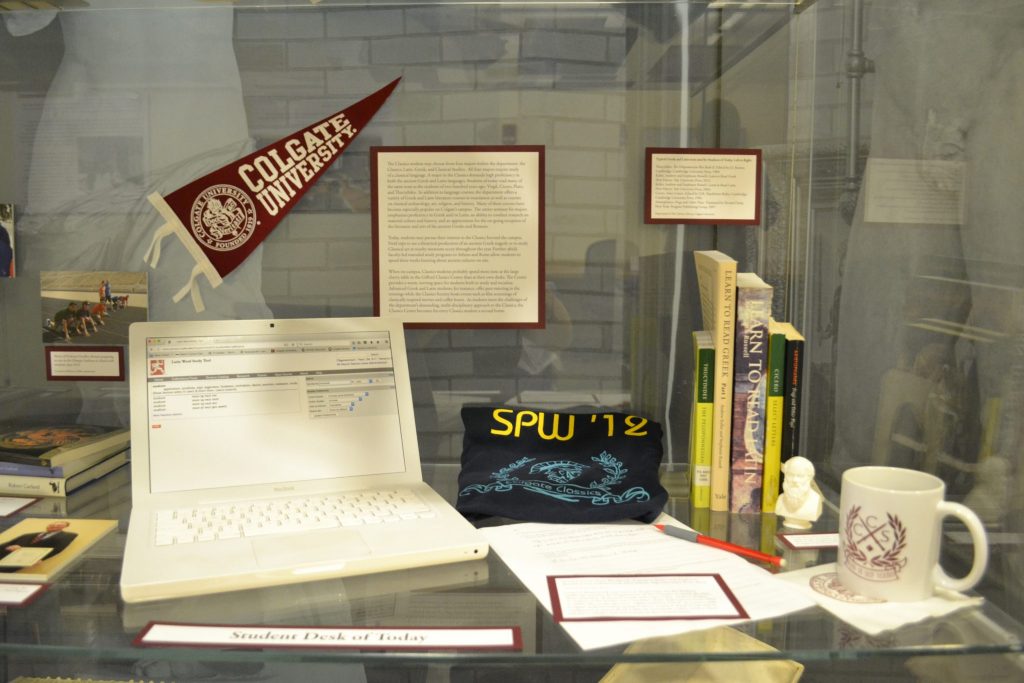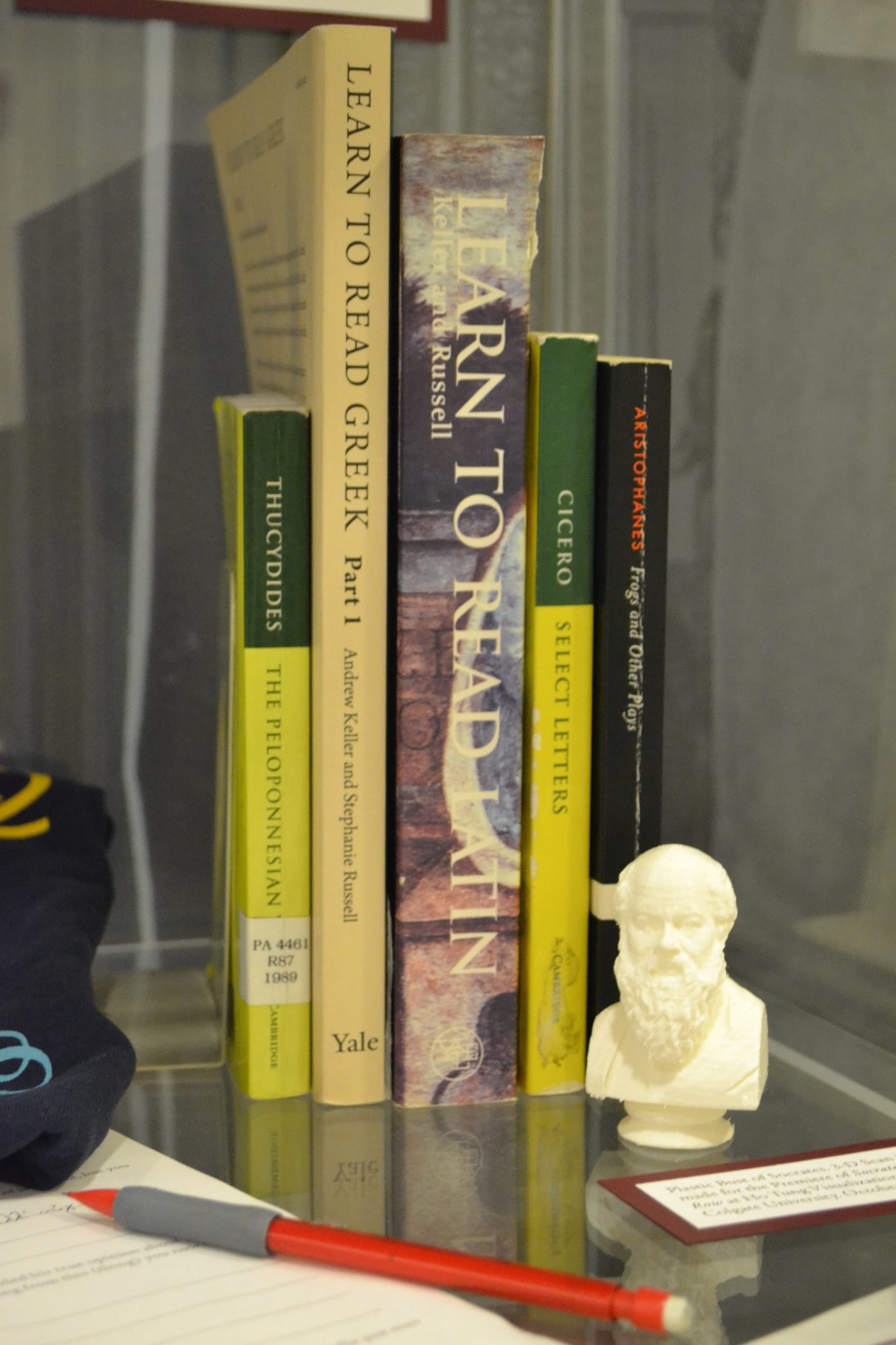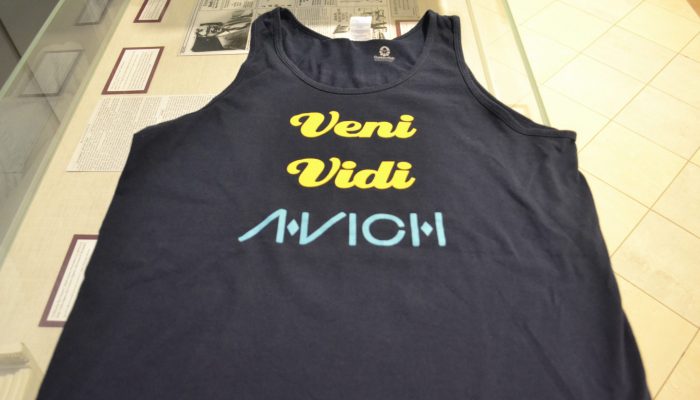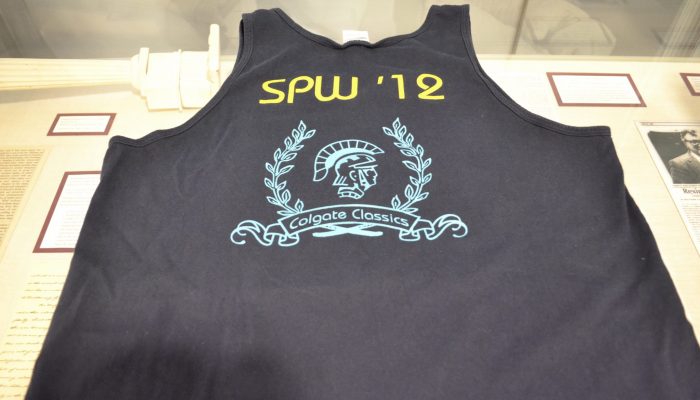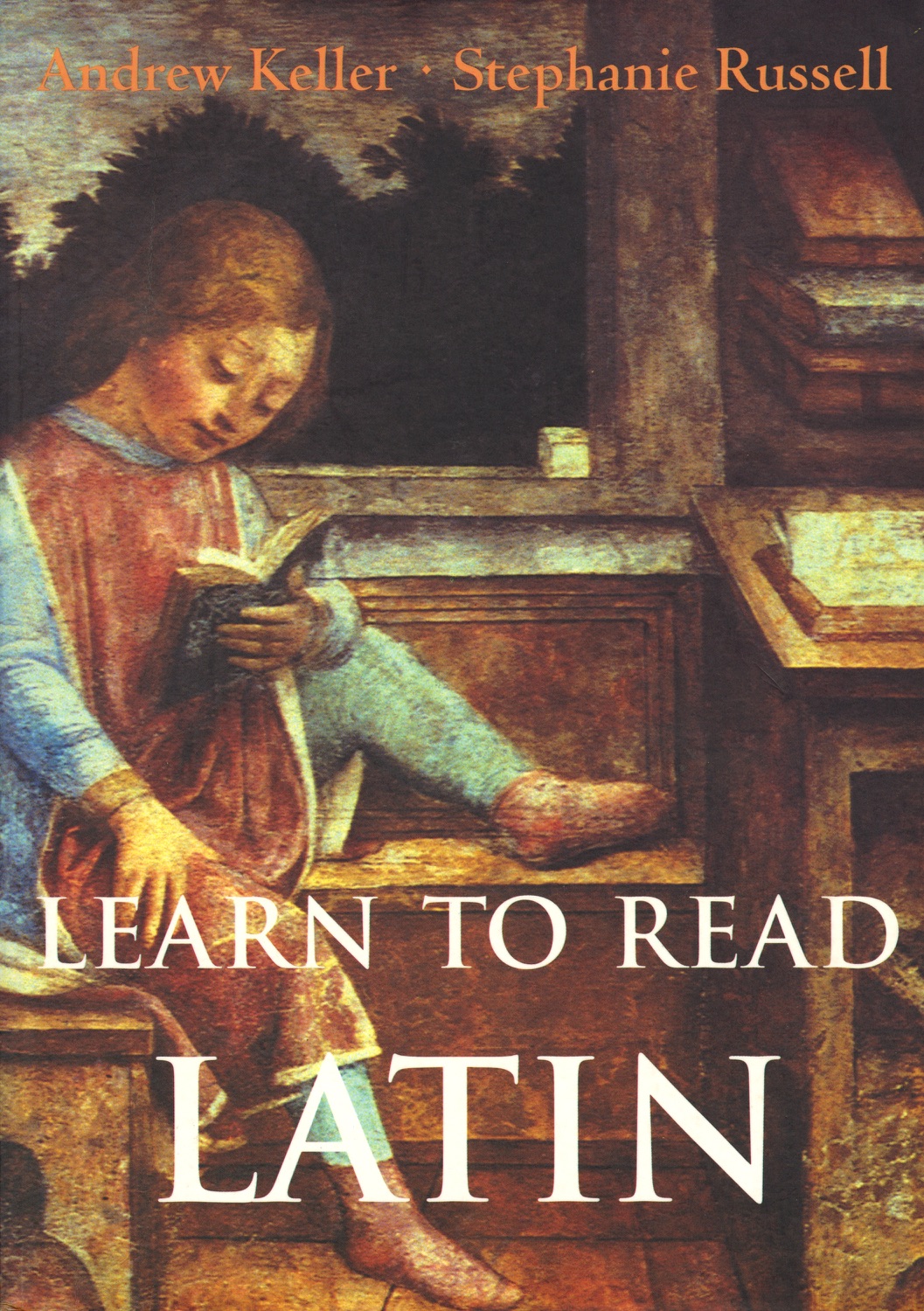Student Desk of Today
A Classics student today may choose from four majors within the department: the Classics, Latin, Greek, and Classical Studies. All four majors require study of a classical language. A major in the Classics demands high proficiency in both the ancient Greek and Latin languages. Students read many of the same texts as the students of two hundred years ago: Virgil, Cicero, Plato, and Thucydides. In addition to language courses, the department offers a variety of Greek and Latin literature courses in translation as well as courses on classical archaeology, art, religion, and history. Many of these courses have become especially popular on Colgate’s campus. The senior seminar for majors emphasizes proficiency in Greek and/or Latin, an ability to conduct research on material culture and history, and an appreciation for the on-going reception of the literature and arts of the ancient Greeks and Romans.
Extended Studies
Today, students may pursue their interest in the Classics beyond the campus. Field trips to see a theatrical production of an ancient Greek tragedy or to study Classical art at nearby museums occur throughout the year. Further afield, faculty-led extended study programs to Italy and Greece allow students to spend three weeks learning about ancient cultures on site. The courses are offered every year alternating between the two countries. These trips give students who already have a strong base in Latin or Greek the chance to learn more about material culture, archaeology, and history.
When on-campus, Classics students probably spend more time at the large cherry table in the Gifford Classics Center than at their own desks. The Center provides a warm, inviting space for students both to study and socialize. Advanced Greek and Latin students, for instance, offer peer tutoring in the evenings while the Classics Society hosts events, such as film screenings of classically inspired movies and coffee hours. As students meet the challenges of the department’s demanding, multi-disciplinary approach to the Classics, the Classics Center becomes for every Classics student a second home.
Learn to Read Latin
Learn to Read Greek and Learn to Read Latin are the primary textbooks used by the Department of The Classics to teach the first three semesters of ancient Greek and Latin today. Andrew Keller, co-author of the books, was a member of the department from 1993 to 2004. The textbooks were “alpha and beta tested” in courses with Colgate students before going to press. Learn to Read Greek and its companion Learn to Read Latin are now both widely used at more selective colleges and universities in the United States.
